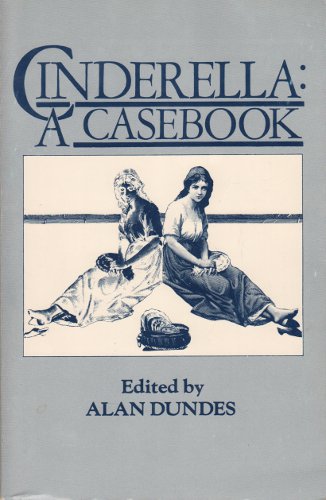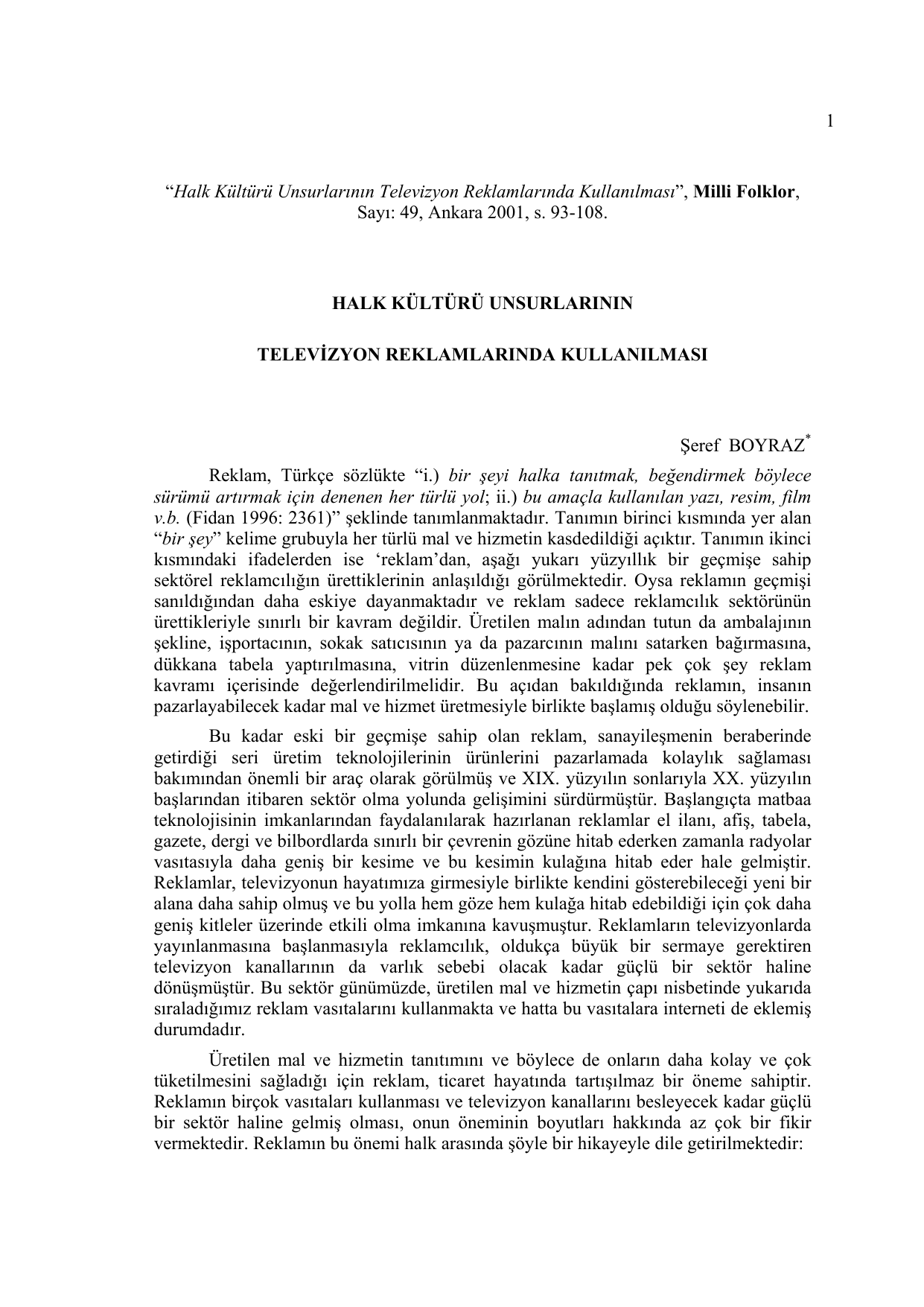

Sure that he would be drafted upon completion of his studies, Dundes joined the ROTC and trained to become a naval communications officer.


"About this title" may belong to another edition of this title.Dundes attended Yale University, where he studied English and met his wife Carolyn. He has a keen, critical mind and is an unparalleled bibliographer."― Western Folklore Dundes probably knows more about folklore and folklore studies than any other living human being. "Dundes is a clear and engaging writer with a wonderful eye for details which he corrals within a framework of psychoanalytic interpretations. "Informative and highly readable and offers unique perspectives on a range of topics of interest to folklorists, anthropologists, psychologists, and historians, among others."― Mid-American Folklore Virtually guaranteed to engage students in heated, animated discussion."― Journal of the Royal Anthropological Institute of Great Britain "From his earliest work to the present, Dundes's scholarship has always been thorough, creative, and accessible to readers from a range of disciplines."― Jay Mechling, University of California, Davis "Dundes makes a good case for the explanatory powers of Freudian symbolism.a fun and illuminating little book."― Express Books "Both individually and collectively they project a range of creative thought that should be accessible to readers from a range of disciplines."― Australian Folklore "synopsis" may belong to another edition of this title. A novel treatment of the biblical flood myth in terms of male pregnancy is the penultimate essay, while the concluding article proposes an ingeniously imaginative interpretation of the underpinnings of anti-Semitism. This is followed by a study of the saga of William Tell, one of the most celebrated legends in the world. He argues that all of these activities can be seen as forms of macho battle to determine which individual or team feminizes his or its opponents. He then presents a striking analysis of the spectrum of behavior associated with male competitive events ranging from traditional games―such as soccer and American football―to warfare.

From Game to War offers five of his most mature essays on this topic.ĭundes begins with a comprehensive survey of the history of psychological studies of folklore in the United Slates. Alan Dundes is a renowned folklorist who has successfully devoted the better part of his career to applying psychoanalytic theory to the materials of folklore. Freud and some of his early disciples recognized the potential of such folklorist genres as myth, folktale, and legend to illuminate the intricate workings of the human psyche. Although folklore has been collected for centuries, its possible unconscious content and significance have been explored only since the advent of psychoanalytic theory.


 0 kommentar(er)
0 kommentar(er)
